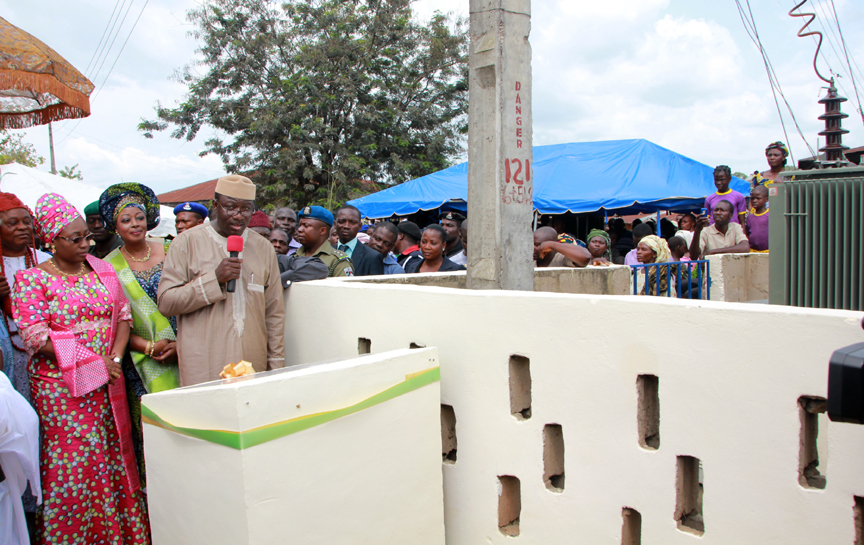Nigerian Social and Economic Research Institute (NISER) in Ibadan on Tuesday, August 28, 2018 called for more rural electrification projects to boost power supply across the country.

Dr Femi Ogundele of the Agriculture and Food Policy Department in NISER made the call while delivering a lecture at the NISER Research Seminar Series (NRSS).
Ogundele spoke on the topic “Electricity Consumption and Households’ Welfare Effects in Nigeria.”
He said rural electrification projects would promote rural industrialisation and curb rural-urban drift among the populace.
Ogundele said that massive procurement and deployment of prepaid meters would ensure justice in electricity charges.
He said that there was the need for a national policy and framework for enforcement of rules and standards guiding the use of generating sets due to their environmental effects.
“There is need to exercise caution on the extent to which tariff on electricity can be increased as households don’t adjust electricity expenditure upward proportionately to increased tariff.
“Efforts to make the cost of the environmentally friendly alternatives such as solar affordable is necessary to solve the problem of reliability and environmental pollution,” he said.
Ogundele said that electricity supply should reach the minimum daily average of 10 hours considered as satisfactory by households before any tariff adjustment.
Earlier, NISER Director-General, Dr Folarin Gbadebo-Smith, had said availability of electricity was key to healthy living, stressing that almost nothing would function without it.
Gbadebo-Smith, represented by Prof. John Adeoti, Head of Science and Technology Innovation in NISER, said that the NRSS was a platform where the institute interacted with stakeholders on NISER researches with the aim of improving the economy.
He commended the stakeholders for their support and for finding time to attend the seminars.
The Chairman of the occasion, Prof. Andrew Ayodele, said that rural areas should be developed through adequate supply of electricity to stop rural-urban migration.
Ayodele also said there was the need to support massive provision of electricity to discourage the use of generating sets with its concomitant effects on the environment.
By Chidinma Ewunonu-Aluko
